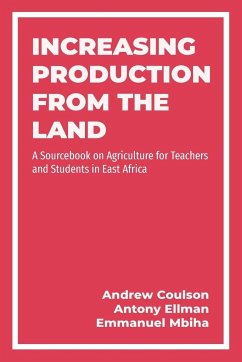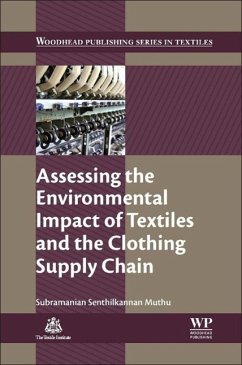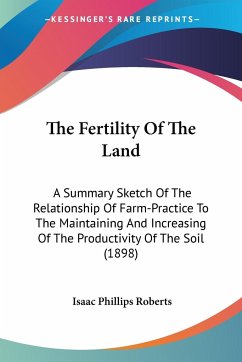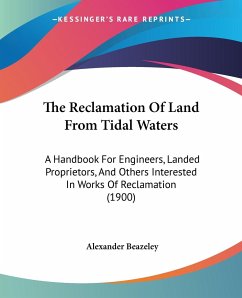
Increasing Production from the Land
A Source Book on Agriculture for Teachers and Students in East Africa
Versandkostenfrei!
Versandfertig in 1-2 Wochen
49,99 €
inkl. MwSt.

PAYBACK Punkte
25 °P sammeln!
African agriculture faces major challenges with growing population pressure and the impact of climate change. Until now food production overall has broadly kept pace with demand. To maintain this impressive achievement, production from the land needs to be intensified, soil fertility must be enhanced, forests and water resources must be conserved, and land use practices must be sustainable over the long term. This book shows what needs to be done, and points to how best to achieve this. The book starts with a brief guide to what plants and animals need to grow well, how farmers currently use t...
African agriculture faces major challenges with growing population pressure and the impact of climate change. Until now food production overall has broadly kept pace with demand. To maintain this impressive achievement, production from the land needs to be intensified, soil fertility must be enhanced, forests and water resources must be conserved, and land use practices must be sustainable over the long term. This book shows what needs to be done, and points to how best to achieve this. The book starts with a brief guide to what plants and animals need to grow well, how farmers currently use the land, and the research that is being conducted on new agricultural technologies. A comparison is made of productivity on small and large farms, which demonstrates that, contrary to some suggestions, small farmers, properly serviced, can be as productive or even more productive than larger farms. Subsequent chapters discuss issues of land tenure, pastoralism, training, the importance of women farmers, access to finance, markets, value chains, and contract farming as a partnership between small-scale producers, processors and traders in agricultural products. The final section of the book discusses whether a new "green revolution" is feasible or desirable for Africa. The potential risks and benefits of dependence on purchased agrochemicals, genetically modified varieties, and multinational seed and chemical companies are examined. A series of twelve broad policy proposals for achieving a sustainable agriculture sector is presented for consideration. Fifteen case studies illustrate the issues discussed in the book. Most of the examples are from East Africa, particularly Tanzania, but the principles addressed are relevant across the African continent. Each chapter of the book includes references and suggestions for further reading, most of them freely available to anyone with internet access. A set of essay questions exploring the issues covered in each chapter is included, to provide practical help for students of agriculture and their teachers.














